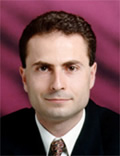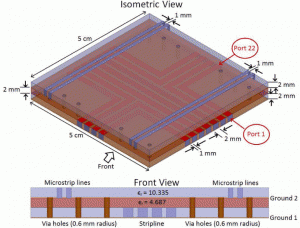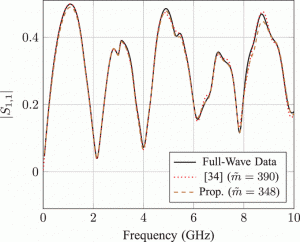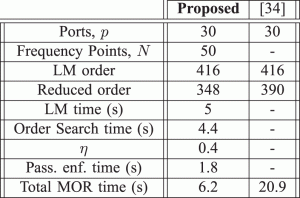EDITORIAL
ReSMiQ is a group of researchers in an interuniversity research center that can count on the support of the Fonds de recherche du Québec – Nature et technologies (FRQNT) and nine (9) Quebec universities involved in microsystems research. ReSMiQ is proud to have been a contributing partner for the 10th edition of the École Francophone sur les Technologies de Conception des Systèmes Embarqués Hétérogènes (FETCH 2017), held between January 9 and 11, 2017 in Mont-Tremblant, for a 4th time in Canada, after Ottawa (2014), Québec City (2011) and Montebello (2008). Nearly 40 participants attended the numerous presentations programed, including 6 students affiliated to ReSMiQ who presented their most recent research work.
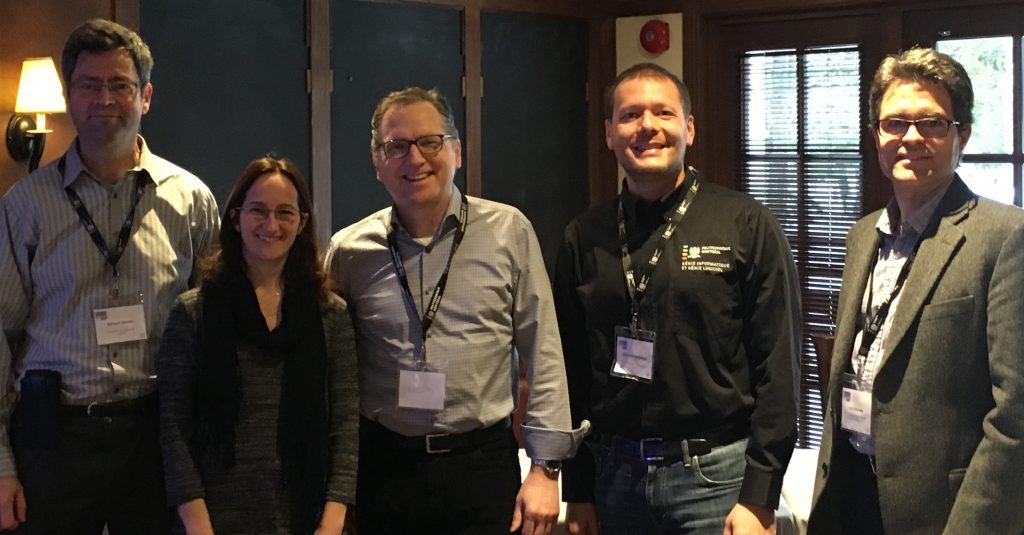 From left to right: Sylvain Martel, Gabriela Nicolescu, Guy Bois, Giovanni Beltrame and Luc Fréchette.
From left to right: Sylvain Martel, Gabriela Nicolescu, Guy Bois, Giovanni Beltrame and Luc Fréchette.
NEWS FROM OUR MEMBERS
Exposure
– Dr. Martel from Polytechnique Montréal is in the running for the 24th edition of the Québec Science Magazine Competition for its work on nanorobotic agents that precisely target cancerous tumors, among the 10 Québec discoveries of the year.
More details
– Dr. Gosselin from Université Laval gave a presentation at FETCH2017 during a session on biomedical systems.
– Dr. Nicolescu from Polytechnique Montréal gave a keynote speech on modeling and thermal simulation of SoCs at FETCH2017.
– Dr. Fréchette from Université de Sherbrooke gave a presentation at FETCH2017 during a session on new technologies and communications.
– Dr. Bois from Polytechnique Montréal gave a presentation at FETCH2017 during a session on architectures and design flow.
– Dr. Beltrame from Polytechnique Montréal gave a presentation at FETCH2017 during a session security, verification and robustness.
– Dr. Martel from Polytechnique Montréal gave a keynote speech on electronic platforms to fight cancer at FETCH2017.
Achievement
– Dr. Ajib is the author of a publication that won the best paper award at the WiMob 2016 conference.
More details
– Dr. Fontaine and Pratte from Université de Sherbrooke are supervising Marc-André Tétrault at the Ph.D., recipient of the IEEE Radiation Instrumentation Early Career Award, bestowed in Strasbourg during the most recent edition of the IEEE Nuclear Science Symposium & Medical Imaging Conference.
– Dr. Fréchette from Université de Sherbrooke is supervising Albert Tessier-Poirrier and Thomas Monin at the Ph.D., recipients of the second place poster award, bestowed in Paris during the most recent edition of the PowerMEMS conference.
– Dr. Fontaine and Pratte from Université de Sherbrooke are supervising Audrey Corbeil Therrien who won the first place at the poster competition of the Nuclear Science Symposium.
– Dr. Fontaine and Pratte from Université de Sherbrooke are supervising Émilie Gaudin who won the second place at the poster competition of the Medical imaging Conference.
– Dr. Gosselin from Université Laval received a collaborative research and development grant from NSERC with Prompt Québec and Kinova for a new body-machine multi-mode wireless interface.
– Dr. Fréchette from Université de Sherbrooke received a strategic partnership grant from NSERC for Thermotronics for zero-power continuous monitoring wireless sensors with Teledyne DALSA Semiconductor Inc.
Implication
– Dr. Boukadoum from UQAM is TPC co-chair of the 30th annual IEEE Canadian Conference on Electrical and Computer Engineering to be held in Windsor, Ontario from April 30 to May 3, 2017.
More details
RESMIQ’S ACTIVITIES
Financial support for undergraduate students
APPLICATION DEADLINE: March 1, 2017
More details
Financial support for conference participants
APPLICATION DEADLINE: March 1, 2017
More details
SIGNAL is the main monthly information medium of the Microsystems Strategic Alliance of Québec (ReSMiQ). This newsletter aims to be an active link between the members of ReSMiQ and all individuals who have an interest in research and innovation in microsystems. We commit ourselves to promote in it our members’ research and increase ReSMiQ’s visibility.
ReSMiQ is a group of researchers in an interuniversity research center that can count on the support of the Fonds de recherche du Québec – Nature et technologies (FRQNT) and nine (9) Quebec universities involved in microsystems research.



